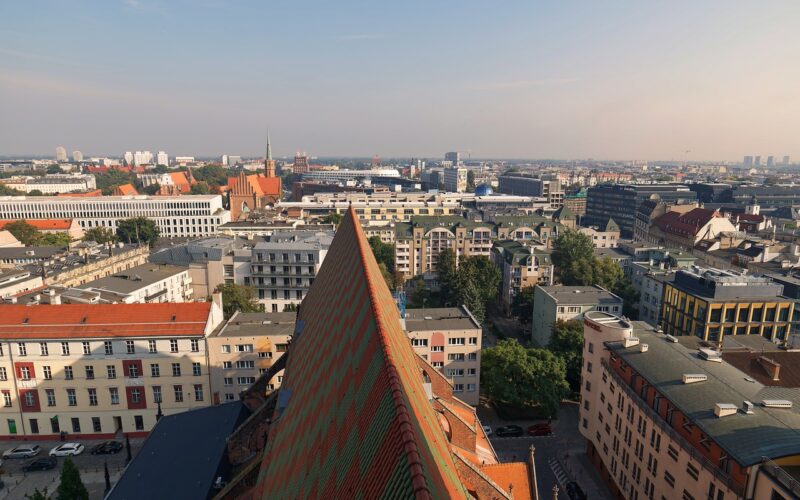In recent years, city centre apartments have become a focal point for foreign property investors. With the allure of urban lifestyle and potential for high returns, these properties are scooped up by international buyers eager to capitalise on rising demand. However, while this influx of investment brings certain advantages, it also raises questions about its effects on the local economy and housing market.
The rise of foreign investment in city apartments
Foreign investors, particularly from countries with stronger currencies, view city centre apartments as a secure and lucrative investment opportunity. By purchasing properties in urban areas, these investors anticipate significant capital appreciation and the ability to generate rental income in thriving cities where the demand for housing continues to grow.
Cities such as London, New York, and Sydney have witnessed a marked increase in interest from investors hailing from China, the Middle East, and other regions. The appeal lies not only in the potential financial gains but also in the prestige associated with owning property in some of the world's leading cities. Additionally, favourable exchange rates and government incentives further bolster the attractiveness of investing in these locations.
Driving up property prices
While foreign investment can inject capital into the local economy, it also tends to drive up property prices, making city centre apartments increasingly unaffordable for local residents. This surge in demand, coupled with the limited supply of housing, results in inflated property values that often exceed what local buyers can afford.
The effect of rising property prices extends beyond home buyers to tenants, as higher property values lead to increased rent prices. For many residents, the cost of living becomes prohibitive, forcing them to seek housing further from the city centre or to abandon homeownership aspirations altogether.
Influence on local businesses
The presence of foreign investors can have a direct impact on local businesses and the wider economy. On the one hand, their investment stimulates the construction industry, creating jobs and driving growth in sectors such as real estate, property management, and maintenance services.
However, there is a downside. With many city centre apartments purchased as investment properties, there is often less emphasis on occupancy, leading to vacant units which contribute little to the vibrancy of local neighbourhoods. This absence of full-time residents can affect foot traffic and consumer spending in local shops, restaurants, and services, which rely heavily on a steady influx of customers.
Government policies and regulation
Recognising the challenges posed by foreign property investment, some governments are implementing policies to manage its impact on the local economy and housing market. Measures such as foreign buyer taxes, additional stamp duties, and restrictions on certain types of property ownership aim to level the playing field for local buyers and encourage a more balanced housing market.
These interventions reflect an awareness of the need to protect the interests of local residents while maintaining an open environment for foreign investors. However, striking the right balance remains a complex task that requires ongoing assessment and adaptation.
Potential benefits of foreign investment
Despite the challenges, foreign investment in city centre apartments can provide economic benefits that should not be overlooked. This capital injection can lead to infrastructure improvements and increased funding for public services. By enhancing the quality of life for residents, these developments can attract further investment, ultimately benefiting the local economy.
Furthermore, foreign investors often bring international connections and expertise, fostering collaborative ventures and partnerships that can stimulate innovation and economic vitality. These synergies may create opportunities for local businesses to expand into global markets.
Finding a sustainable approach
The issue of foreign investment in city centre apartments is multifaceted, requiring a nuanced approach to ensure that its benefits are maximised while minimising adverse effects. Policymakers must consider the interests of all stakeholders, including local residents, investors, and businesses, to develop strategies that support sustainable urban growth.
By implementing thoughtful regulations, promoting investment in affordable housing, and encouraging community engagement, cities can harness the potential of foreign investment while safeguarding the welfare of their residents. Only through collaboration and innovation can a balanced and inclusive urban landscape be achieved.


























